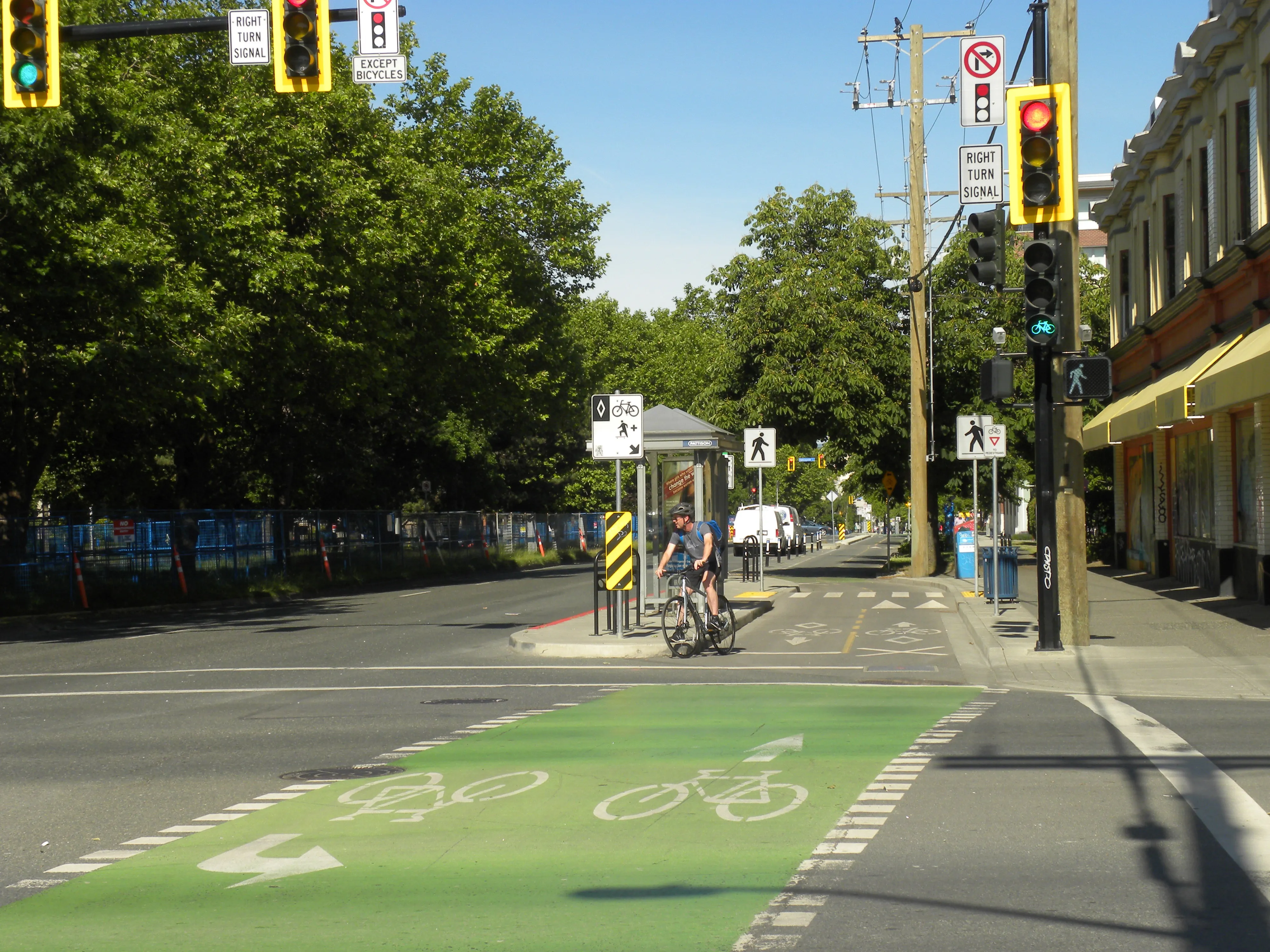CGL is a new programme funded by TfL and managed by the environmental regeneration charity, Groundwork, to offer funding to community groups for cycling projects. Community groups from across London will use the funding to promote pedal power through initiatives such as cycle training, bike maintenance and guided rides.
According to TfL, more than 5,000 new recruits to cycling from across the capital will benefit from the London Cycling Grants in the first year (2015/16). TfL is investing almost US$1.5 billion in a programme of improvements to transform cycling in London as part of the Mayor's Cycling Vision. This includes new Cycle Superhighways, Quietways, Mini Hollands, the easy-to-use Santander Cycles and free or subsidised cycle training in all London boroughs. TfL also offers organisations without cycling facilities up to US$15,300 worth of cycling products and services to help encourage employees to cycle to work.
Ben Plowden, TfL’s director of Surface Strategy and Planning, said: “We are determined not to leave anyone behind in the cycling revolution sweeping our city. This is why we are committed to supporting community groups to get more people cycling, more safely, more often.”
Lindy Kelly, Executive Director of Groundwork London, said: “We’ve had a fantastic response to the first funding round of the new Cycling Grants London programme, with over 80 community groups submitting applications for cycling projects across the Capital. We’re thrilled that together with TfL we’ve been able to award 31 with grants this year and will be working with those who weren’t successful this time, to support them in applying again in 2016.”
TfL awards cycling grants
Transport for London (TfL) has awarded grants of up to US£15,300 to 31 community groups and not-for-profit organisations to help encourage more people to cycle, as part of Cycling Grants London (CGL). CGL is a new programme funded by TfL and managed by the environmental regeneration charity, Groundwork, to offer funding to community groups for cycling projects. Community groups from across London will use the funding to promote pedal power through initiatives such as cycle training, bike maintenance and gui
October 30, 2015
Read time: 2 mins









